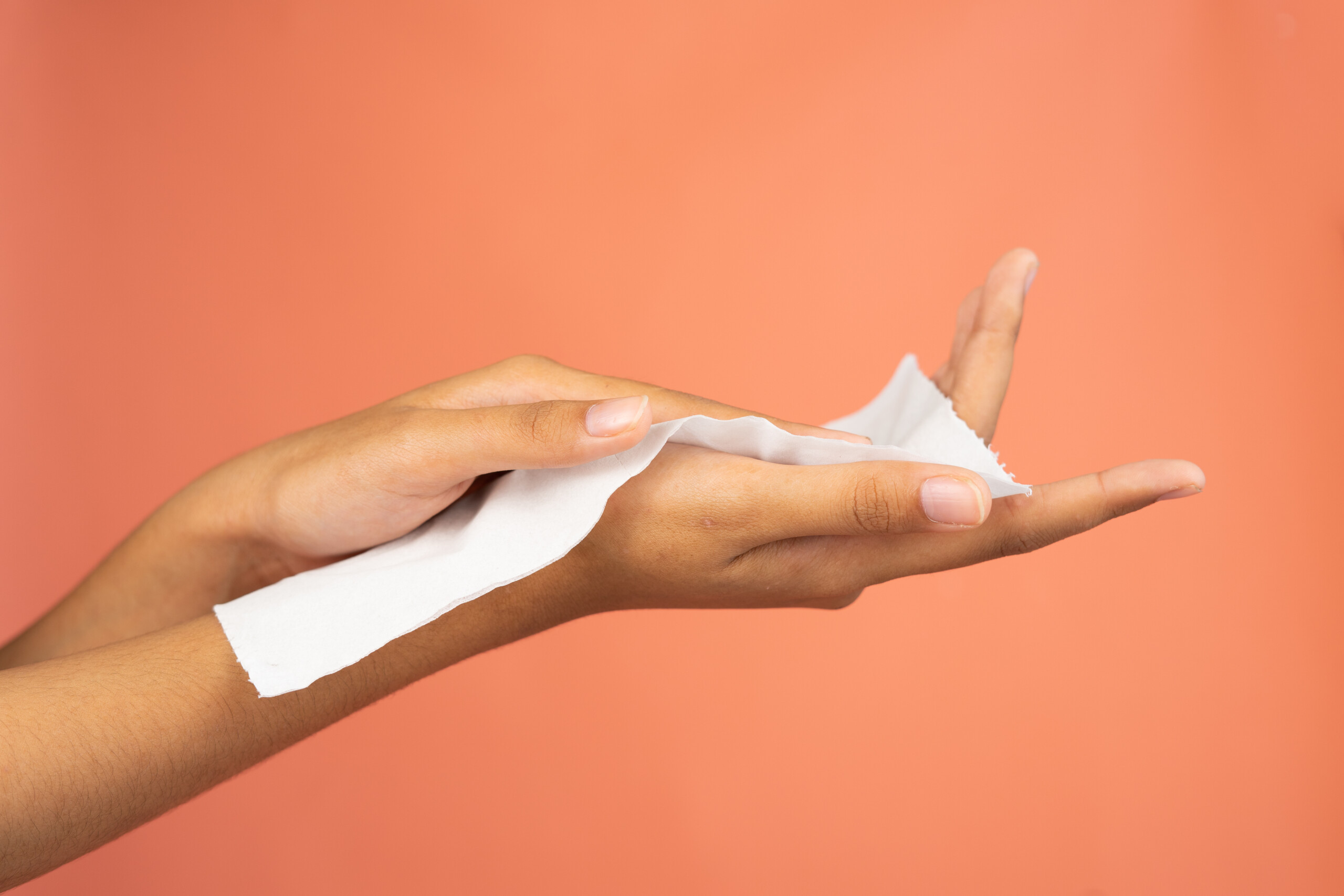Efficient Dermatology Solutions for Excessive Sweating: How to Stop Sweaty Hands and Feet
Efficient Dermatology Solutions for Excessive Sweating: How to Stop Sweaty Hands and Feet
Blog Article
Comprehending the Source of Excessive Sweating and Its Effect On Every Day Life
Too much sweating, also called hyperhidrosis, is a problem that affects a considerable section of the population, yet its underlying reasons and effects on daily working continue to be rather enigmatic. While it is typically comprehended as a physical response to regulate body temperature, the triggers for extreme sweating can differ extensively among individuals, including not only physical aspects yet also psychological and psychological aspects. In addition, the influence of this condition extends beyond mere discomfort, typically affecting social communications and general lifestyle. By diving right into the origin of hyperhidrosis and exploring its diverse impacts, a deeper understanding of this pervasive issue can be gained, clarifying the intricacies that people facing extreme sweating navigate each day.
Physiology of Sweat Glands
The law of sweat production, a vital physiological procedure, is mainly controlled by the task of sweat glands dispersed throughout the human body. Sweat glands are classified into two major types: eccrine and apocrine glands.
When the body temperature level climbs, either because of physical task, heats, or emotional stress and anxiety, the nerves causes the gland to generate sweat. This sweat is made up largely of water and electrolytes like sodium and chloride. The process of sweat manufacturing is essential for preserving the body's interior temperature level within a slim, optimum variety, highlighting the essential role sweat glands play in human physiology.
Triggers for Excessive Sweating
In recognizing the origin of extreme sweating, it is critical to identify the triggers that can result in this physical action. Too much sweating, also called hyperhidrosis, can be prompted by various elements, both ecological and physical. One typical trigger is psychological stress and anxiety or anxiousness, which can stimulate the body's sweat glands to produce more sweat than is necessary for cooling. Physical exertion, high temperatures, and spicy foods are also known to set off excessive sweating in individuals prone to this condition. Moreover, certain clinical problems like hyperthyroidism, diabetes mellitus, or menopause can add to excessive sweating as well.
Furthermore, drugs such as some antidepressants, opioids, and specific supplements can also work as triggers for hyperhidrosis. Comprehending these triggers is important in taking care of extreme sweating effectively - How to stop sweaty hands. By recognizing and attending to the specific triggers that trigger excessive sweating in a private, doctor can establish tailored treatment strategies to reduce this problem and improve the individual's top quality of life
Medical Conditions Associated
Related to excessive sweating are different clinical conditions that can worsen this physiological reaction. One usual problem is hyperhidrosis, a problem characterized by abnormally boosted sweating that surpasses the body's thermoregulatory demands. This can manifest in focal locations like the hands, soles, underarms, or face, impacting an individual's lifestyle due to social humiliation and pain.
Furthermore, endocrine problems such as hyperthyroidism, diabetes mellitus, and menopausal warm flashes can likewise lead to excessive sweating. Hyperthyroidism causes an overflow of thyroid hormonal agents, speeding up metabolism and triggering sweating.
Moreover, infections like endocarditis, consumption, and hiv have actually been connected with night sweats, a common signs and symptom understood to disrupt rest and impact overall health. These medical conditions highlight the varied series of underlying factors that can add to excessive sweating, demanding detailed examination and management by medical here care experts.
Psychological and Mental Factors

Effect On Social Interactions
Extreme sweating can have extensive impacts on a person's capability to involve conveniently in social communications. The visible indications of sweat stains or wet spots on clothes can bring about embarrassment and self-consciousness, triggering individuals to withdraw from social scenarios. This withdrawal can impact connections, restriction social activities, and impede expert and individual growth.

In addition, the anxiety and self-esteem problems coming from too much sweating can influence communication and interpersonal skills. Individuals may have a hard time to concentrate on discussions, get involved in team tasks, or share themselves confidently. This can lead to feelings of isolation and solitude, as social connections end up being challenging to preserve.
Final Thought

While it is typically understood as a physiological feedback to manage body temperature level, the triggers for extreme sweating can vary widely amongst people, including not only physical factors special info yet additionally emotional and psychological elements. By diving right into the root causes of hyperhidrosis and discovering its diverse effects, a much deeper understanding of this pervasive concern can be gotten, dropping light on the complexities that people grappling with extreme sweating browse on a day-to-day basis.
Physical effort, high temperature levels, and spicy foods are likewise known to cause extreme sweating in individuals prone to this condition. By recognizing and dealing with the particular triggers that motivate extreme sweating in an individual, medical care companies can develop tailored treatment strategies to minimize this problem and improve the individual's top quality of life.
Too much sweating can have extensive impacts on a person's capability to involve pleasantly in social interactions.
Report this page